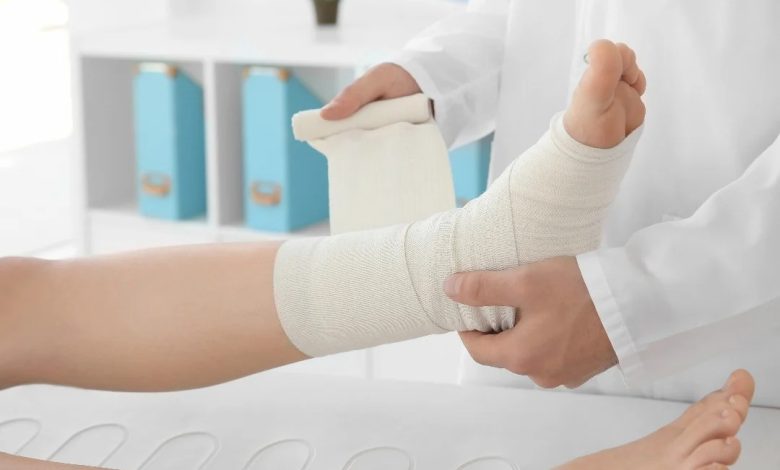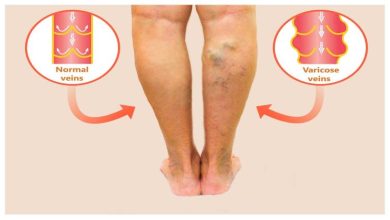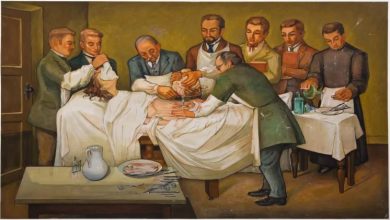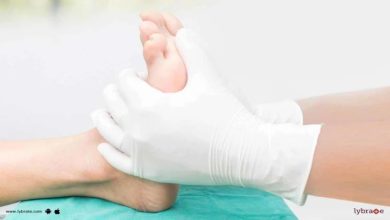Conditions Treated by Wound Care Specialists

Wound care specialists focus on preventing, diagnosing, and treating wounds and other issues that affect your skin, soft tissue, and underlying bone. The professionals manage chronic and acute injuries, including pressure ulcers and diabetic foot ulcers. The primary goal of your wound care specialist Tamarac is to help you heal faster by offering specialized wound care treatment and intervention. During treatment, your wound care specialist also educates you on proper wound care techniques to promote quick healing. Wound care specialists treat many conditions, including:
Pressure ulcers
Pressure ulcers, also called bed sores, are wounds that break down your skin and underlying tissue. They occur when an area of your skin is placed under pressure. Pressure ulcers can cause discolored skin patches or open wounds that expose the underlying bone or muscle. They mostly happen when you have a health condition causing moving difficulties, especially when you lie in a bed or sit for prolonged periods. Your wound care specialist can treat pressure ulcers using dressings and creams.
Diabetic foot ulcers
Diabetic foot ulcers are open sores or wounds that affect patients with diabetes. They mostly develop on the bottom of your foot. If your diabetic foot ulcer becomes infected, you can be hospitalized. Being overweight and using alcohol and tobacco can increase your chances of getting diabetic foot ulcers. Wound care specialists can treat diabetic foot ulcers by applying medications and dressings and managing blood glucose.
Traumatic wounds
Traumatic wounds are sudden or unplanned injuries that cause damage to your skin and underlying tissues. If you do not get medical care on time, they can cause severe damage to your skin’s soft tissues. Traumatic wounds can result from road accidents, animal bites, or chemical exposure. The symptoms of traumatic wounds include swelling around the injury, bleeding, redness, leakage from the wound, and fever with infection.
Surgical wounds
Surgical wounds are created when your surgeon makes an incision with a scalpel during surgery. Although rare, surgical wounds can be infected after treatment, especially if a patient does not take good care of them. Symptoms of an infected surgical wound include delayed healing, the presence of pus, increased pain and redness around the injury, and a foul smell from the wound. Your specialist can treat an infected surgical wound by dressing it or rinsing it with salt water.
Venous ulcers
A venous leg ulcer is a wound that occurs when your veins do not move blood back to the heart as they should. Blood pools in your veins and leaks into your skin tissue, breaking it down. You are at a high risk of developing leg ulcers if you have varicose veins, a blood clot in your leg, or multiple pregnancies. The symptoms of venous leg ulcers include a wet or weeping wound that can have a yellow-white film over it, and the skin around it is usually discolored and swollen.
Wound care specialists focus on preventing, diagnosing, and treating wounds and other issues that affect your skin, soft tissue, and underlying bone. The professionals attend to many conditions, including pressure ulcers, diabetic foot ulcers, traumatic wounds, surgical wounds, and venous ulcers. Schedule an appointment at Advanced Foot, Ankle, & Wound Specialists, PA, for wound treatment from qualified and experienced wound care specialists.





